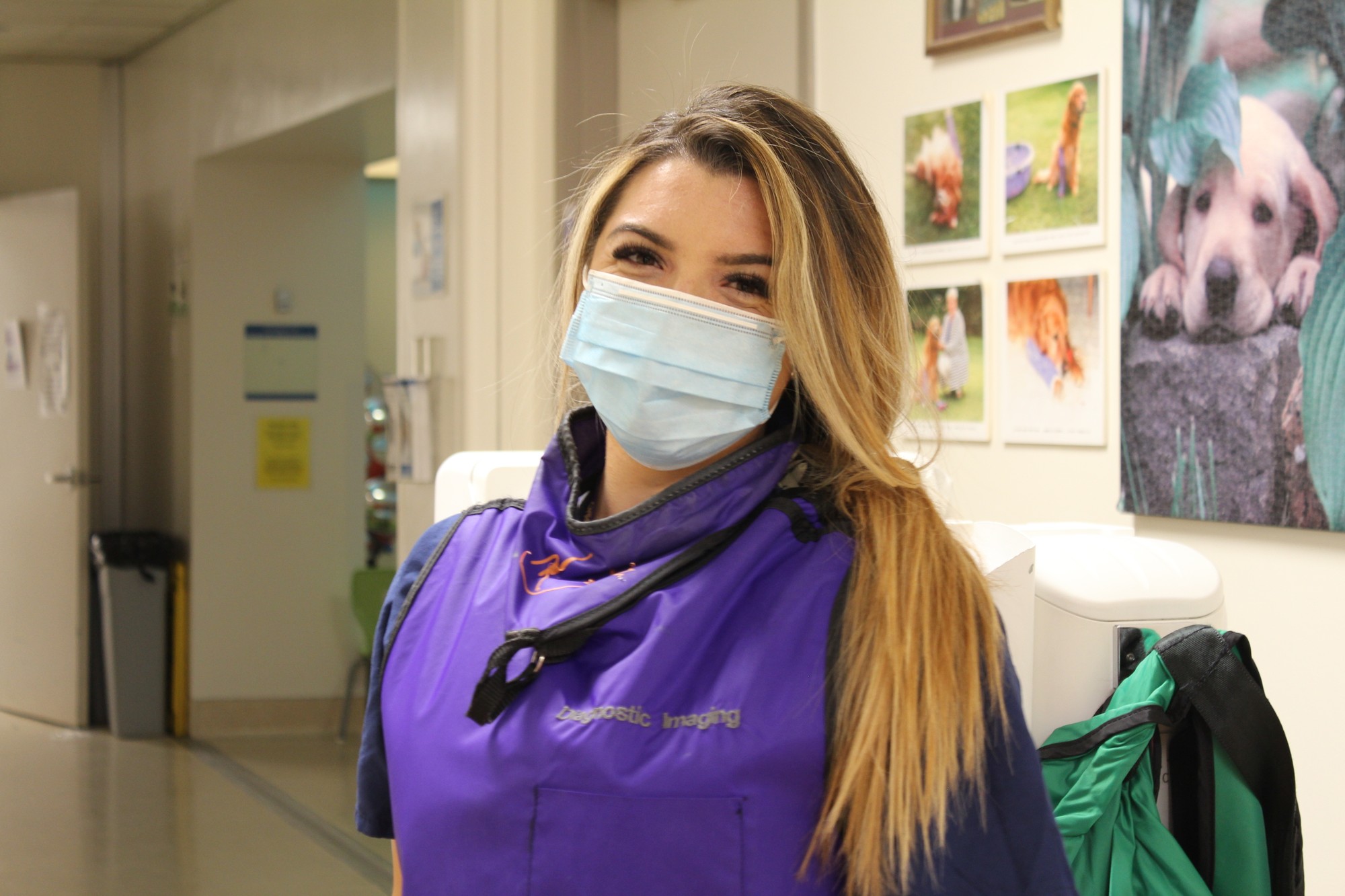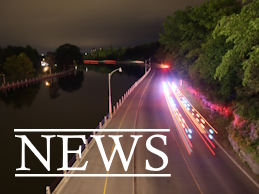MRT student placements delayed due to pandemic: making up for lost time

Algonquin College students who are part of the medical radiation technology program have been affected by the COVID-19 pandemic, like most Canadian students.
Rachel Houde, a medical radiation technology student expecting to graduate in December, has had to work extra hours in a hospital to make up practical hours. Due to COVID-19, the government deemed it was unsafe for students to attend clinical placement from March to July 2020.
“Due to this delayed start, we had to make up loss time which came up to 80 hours,” Houde said. “This meant working 12-hour shifts or working on weekends.”
Houde is doing her clinical placement at CHEO in Ottawa. She has been back on hospital grounds accumulating hours and acquiring hands-on experience for about five months.
“I came from a university background that was purely theoretical,” Houde said. “When I graduated, I did not feel like I was prepared to enter the work field. The Algonquin College program has a year-long placement and prepares you extremely well for the job.”
About 4.7 million Canadians are now working from home based on a survey by Statistics Canada released in March. Hospital workers and students are still required to be on the front lines. Medical Radiation technologists are not part of the group of people that can work remotely as they are essential in a coronavirus pandemic: chest X-rays are used to diagnose infection in the lungs.
“A major advantage of doing a placement during the pandemic is being an extra set of hands in the case of an influx of patients coming through the diagnostic imaging department,” Houde said. “It was also a great opportunity to decide if this was the career path I wanted to take, especially during a pandemic.”
Though some MRT students may finish their placement sooner than others depending on how many hours they able to make up, all of them are expected to write their licensing exam in January.
“I am still expected to graduate from the MRT program in December,” Houde said. “However, it is ultimately up to my clinical and my program coordinator to decide if I am competent enough to work as a technologist.”








